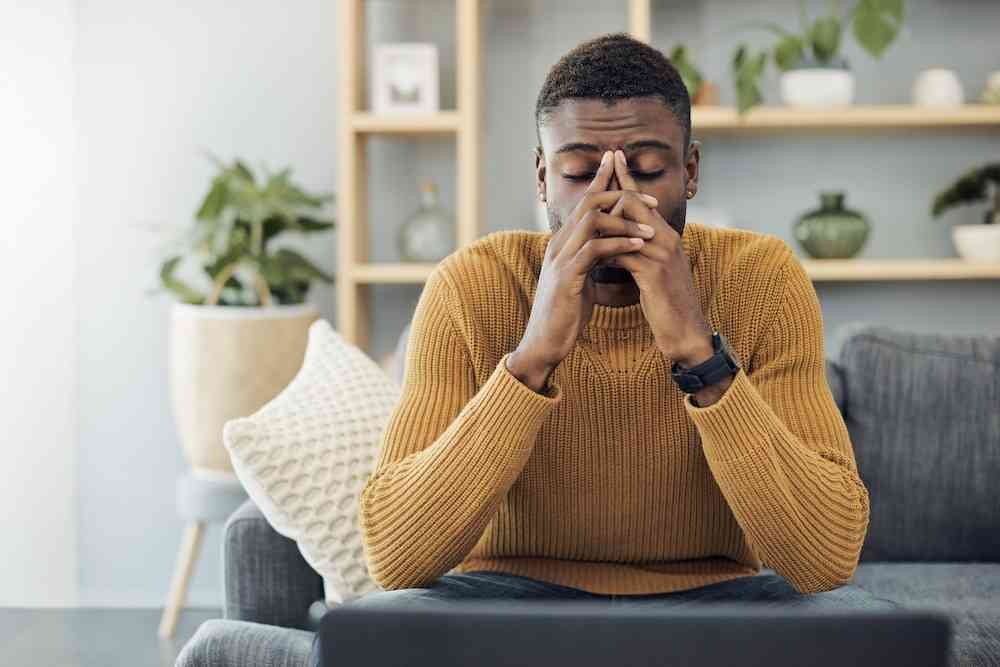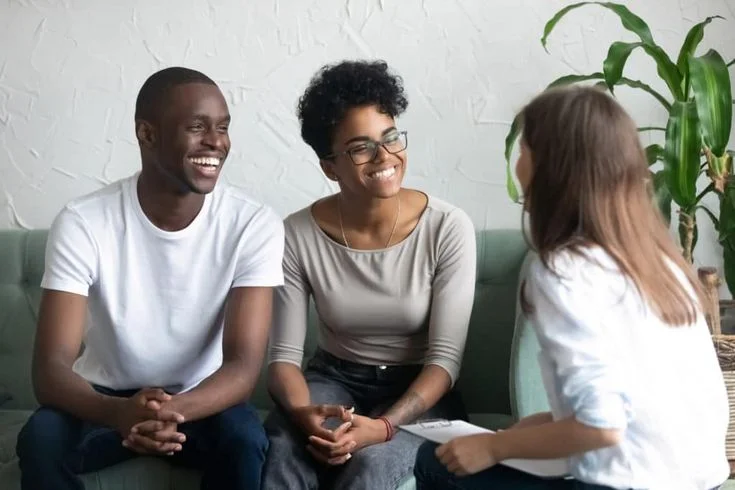Counseling for Anxiety: Therapy, Treatment, and Take Help
Anxiety is one of the most common mental health conditions, affecting millions of people worldwide. According to the World Health Organization (WHO), anxiety disorders impact over 264 million people globally, making it a significant public health concern. Counseling for anxiety, also known as anxiety therapy, is a proven way to help individuals manage symptoms, improve their quality of life, and regain control over their thoughts and emotions. This guide explores the types of counseling available, the techniques used, and the science-backed benefits of anxiety therapy. What is Anxiety? Anxiety is a natural response to stress or danger, often referred to as the “fight or flight” response. However, when anxiety becomes excessive, persistent, and interferes with daily life, it may be classified as an anxiety disorder. Common types of anxiety disorders include: According to the Anxiety and Depression Association of America (ADAA), anxiety disorders are the most common mental illness in the U.S., affecting 40 million adults (19.1% of the population) every year. Despite its prevalence, only 36.9% of those affected receive treatment. What is Counseling for Anxiety? Counseling for anxiety is a form of psychotherapy that helps individuals understand and manage their anxiety symptoms. It involves working with a licensed therapist to identify triggers, challenge negative thought patterns, and develop coping skills. Counseling is often combined with other treatments, such as medication or lifestyle changes, to provide comprehensive care.Research shows that counseling is highly effective for anxiety. A study published in the Journal of Clinical Psychology found that 60-70% of patients experienced significant improvement in their symptoms after attending therapy. Types of Counseling for Anxiety There are several evidence-based approaches to counseling for anxiety, each tailored to address specific symptoms and needs. Below are the most common types: 1. Cognitive Behavioral Therapy (CBT) Cognitive Behavioral Therapy (CBT) is the most widely used and researched form of anxiety therapy. It focuses on identifying and changing negative thought patterns and behaviors that contribute to anxiety. Effectiveness: According to the American Psychological Association (APA), CBT is effective for 50-75% of patients with anxiety disorders. 2. Exposure Therapy Exposure therapy is particularly effective for phobias, PTSD, and OCD. It involves gradually exposing patients to their fears in a controlled environment to reduce avoidance behaviors. Effectiveness: A meta-analysis published in Clinical Psychology Review found that exposure therapy reduces anxiety symptoms in 70-90% of patients. 3. Dialectical Behavior Therapy (DBT) Dialectical Behavior Therapy (DBT) combines CBT techniques with mindfulness practices. It is especially helpful for individuals with severe anxiety and emotional regulation difficulties. Effectiveness: Research in the Journal of Anxiety Disorders shows that DBT significantly reduces anxiety symptoms in 80% of participants. 4. Psychodynamic Therapy Psychodynamic therapy explores the root causes of anxiety, often linked to unresolved past experiences or unconscious conflicts. Effectiveness: A study in the American Journal of Psychiatry found that psychodynamic therapy leads to long-term improvements in anxiety symptoms. 5. Acceptance and Commitment Therapy (ACT) Acceptance and Commitment Therapy (ACT) focuses on accepting anxiety rather than fighting it. Clients learn to live in alignment with their values despite anxious feelings. Effectiveness: Research in Behavior Research and Therapy shows that ACT reduces anxiety symptoms in 60-70% of patients. Techniques Used in Counseling for Anxiety Counselors use a variety of techniques to help clients manage anxiety. These include: 1. Deep Breathing Deep breathing exercises activate the body’s relaxation response, reducing physical symptoms like a racing heart.Example: The 4-7-8 technique (inhale for 4 seconds, hold for 7 seconds, exhale for 8 seconds). 2. Progressive Muscle Relaxation (PMR) PMR involves tensing and relaxing different muscle groups to reduce physical tension caused by anxiety.Effectiveness: A study in the Journal of Behavior Therapy and Experimental Psychiatry found that PMR reduces anxiety symptoms by 50%. 3. Mindfulness Meditation Mindfulness helps individuals stay present and reduce rumination on anxious thoughts.Effectiveness: Research in JAMA Internal Medicine shows that mindfulness meditation reduces anxiety symptoms by 30-40%. 4. Cognitive Restructuring This CBT technique involves challenging and replacing irrational thoughts with balanced ones.Example: Replacing “I can’t handle this” with “I’ve handled similar situations before.” 5. Systematic Desensitization A form of exposure therapy, systematic desensitization helps clients gradually face their fears in a controlled way.Effectiveness: Studies show it reduces phobia-related anxiety in 80% of cases. Benefits of Counseling for Anxiety Counseling for anxiety offers numerous benefits, supported by research and clinical evidence: How to Find the Right Counselor Finding the right therapist is crucial for effective anxiety treatment. Here are some tips: Ask Questions: During the initial consultation, ask about their approach, experience, and success rates. Online Counseling for Anxiety Online therapy has become a popular option for anxiety treatment, especially for those with busy schedules or limited access to in-person care. Platforms like BetterHelp, Talkspace, and Calmerry offer virtual counseling with licensed therapists. Convenience: Clients can attend sessions from home and access resources like worksheets and videos. Conclusion Counseling for anxiety is a highly effective way to manage symptoms, improve mental health, and enhance quality of life. With evidence-based approaches like CBT, exposure therapy, and mindfulness, individuals can learn to overcome anxiety and live fulfilling lives. If you or someone you know is struggling with anxiety, seeking professional help is a crucial step toward recovery.
Counseling for Anxiety: Therapy, Treatment, and Take Help Read More »


